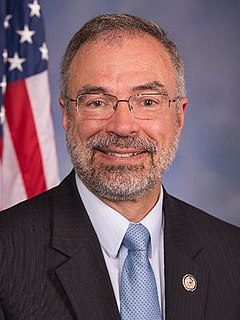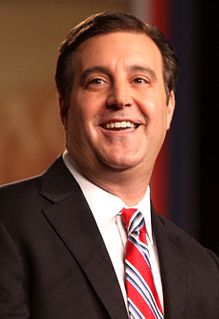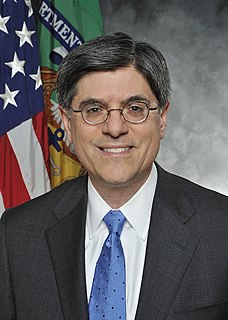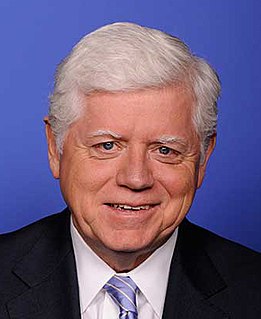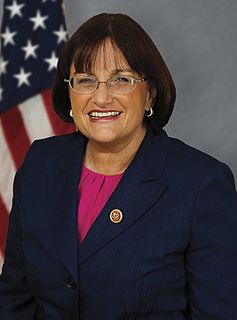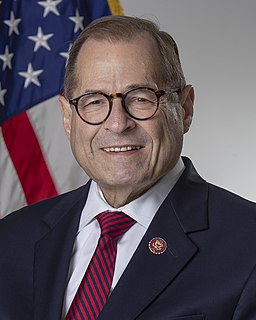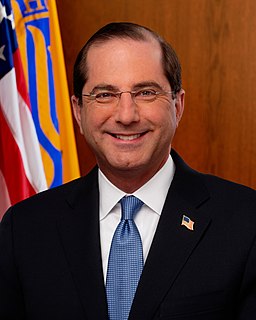Top 1200 Health Insurance Quotes & Sayings - Page 2
Explore popular Health Insurance quotes.
Last updated on November 8, 2024.
My biggest fear, that 27 percent of Americans under 65 have an existing health condition that, without the protections of the Affordable Care Act, would mean they would - could be automatically excluded from insurance coverage. Before the ACA, they wouldn't have been able to get insurance coverage on the individual market, you know, if you're a freelancer or if you had a small business or the like.
When someone has to go to the hospital because they don't have insurance - and by the way, I think the insurance companies should be out of the mix altogether - but when someone needs health care, and they don't have the ability to pay for it, in our communities, we end up paying for it one way or the other.
I think we should have a universal, a shared cultural or societal goal, of universal health insurance coverage. That's completely different from saying the government can solve all of those problems, or that it can micromanage every aspect of the health delivery system. I think we know that it can't do that.
Obamacare imposed an unprecedented level of regulation and standardization on individual-market health insurance all across America. This has left many consumers in an intolerable predicament - in some cases, having to spend up to a third or even half of their income on premiums and deductibles before insurance kicks in.






